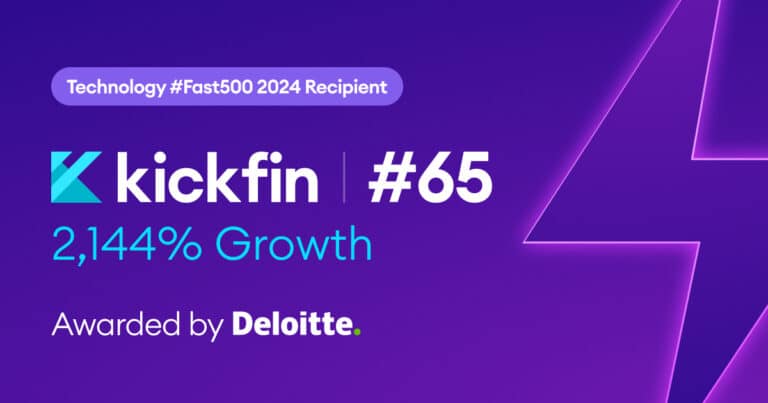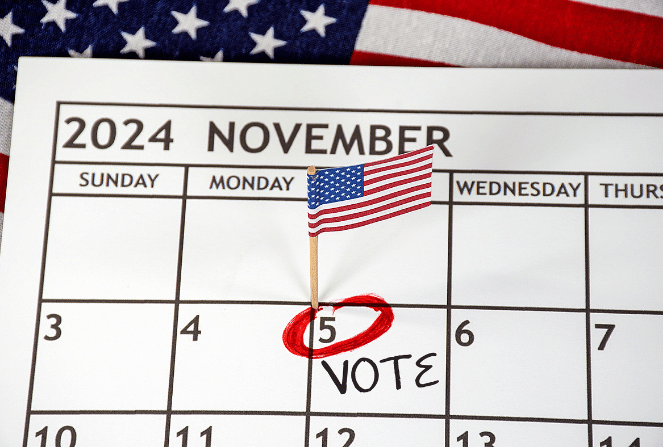We’re obviously pro-tipping around here — but even more so, we’re pro-tip-regulation-compliance. With each state having their own unique laws regarding tip pools and minimum wages, it can get confusing.
For our California restaurant owners, we took a deep dive into your specific tipping regulations that you might not know about. Take a look at how California tip pooling laws differ from federal regulations and how you can stay on the up-and-up.
What is Tip Pooling?
Tip pooling is when employees who receive tips collect and share their tips with other members of their team. For example, servers can put their tips into a collective “pool” and then divide them among cooks, dishwashers, bussers, bartenders, etc. This practice promotes team spirit and collaboration among staff, as they all rely upon each other for success.
California Tip Pooling Laws Explained
The Fair Labor Standards Act (FLSA) allows employers to require non-exempt employees (i.e., those eligible for overtime pay) to participate in tip pools, provided that employers follow strict regulations.
California takes it a step further to protect employees’ earnings. Here are a few key differences to pay attention to:
Tip Pooling for FOH Staff Only
Tips must only be shared among front-of-house staff such as servers, bartenders, bussers, and hosts. Back-of-house staff like cooks and dishwashers cannot be included in the pool unless they provide direct table service (so your expo can still earn their share of tips).
Making Tip Pools Fair
While California does not ban mandatory tip pools, the law requires that pooled tips be distributed in a “fair and reasonable” manner. You must set a formula to determine tip distribution — and it’s up to the California DOL Standards Enforcement to determine what’s fair on a case-by-case basis.
Say Goodbye to the Tip Credit
Whether you pool tips or not, this is one to pay attention to. California’s legislation no longer makes a distinction between tipped and non-tipped workers — so there is also no tipped minimum wage. Restaurant owners cannot claim a “tip credit” and must pay their servers the full minimum wage of $15.50.
California Allows “Double Tipping”
In California, mandatory service charges do not count as tips, but they can count as wages. The employer has a right to keep service charges and distribute them as they see fit — so they can distribute them to servers if they choose. Often called “double tipping,” this allows the server to earn money from both a mandatory service charge and any tips that customers leave voluntarily.
In this case, the service fees paid to employees can count toward minimum wage and overtime pay, but employers are required to withhold payroll taxes when distributing service charges to employees.
What’s at Stake?
California’s DOL Standards Enforcement takes wage theft and illegal tip pooling seriously. Penalties for breaking any state tipping regulations include fines of up to $1,000, paying full restitution to harmed employees, and even 60 days in jail.
Knowing both state and federal tipping laws protects you and your employees from improper tip pooling practices and potential lawsuits. As always, consult with a lawyer to ensure that you’re in compliance with all federal, state, and local ordinances.
Looking for a partner that will help you comply with California’s tipping regulations? Kickfin’s digital tipping platform puts up guardrails to prevent improper tipping practices — and our digital tipping software is pretty cool, too. Request a demo of Kickfin today.




